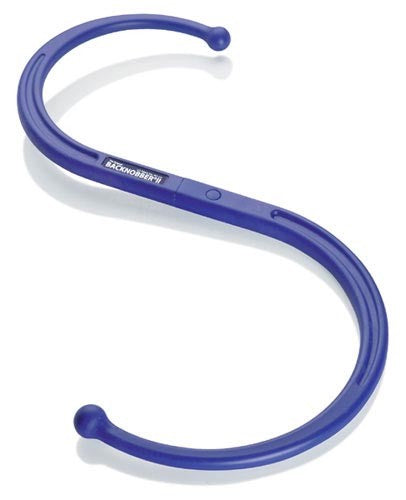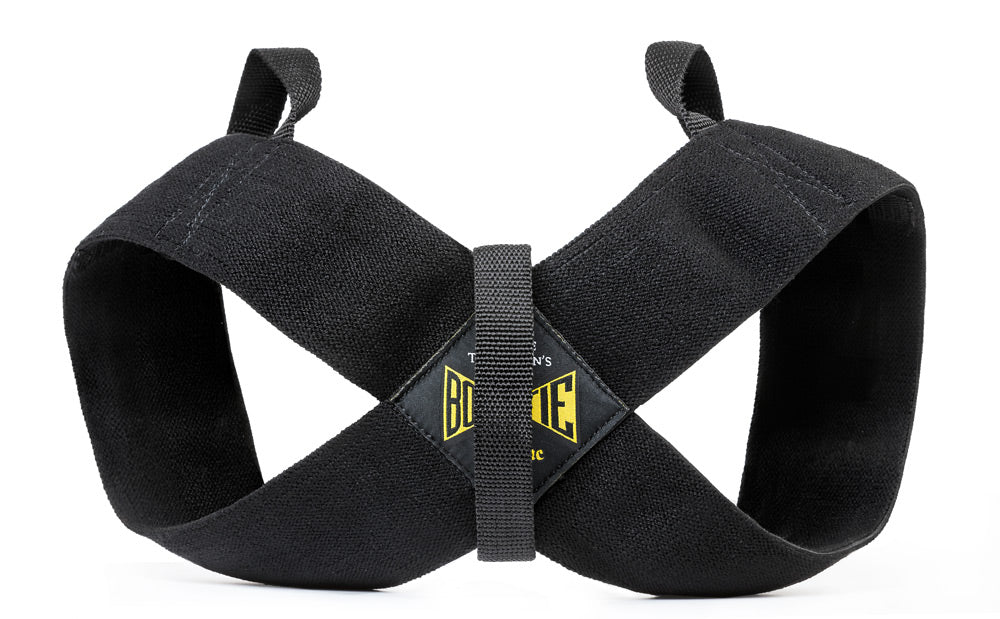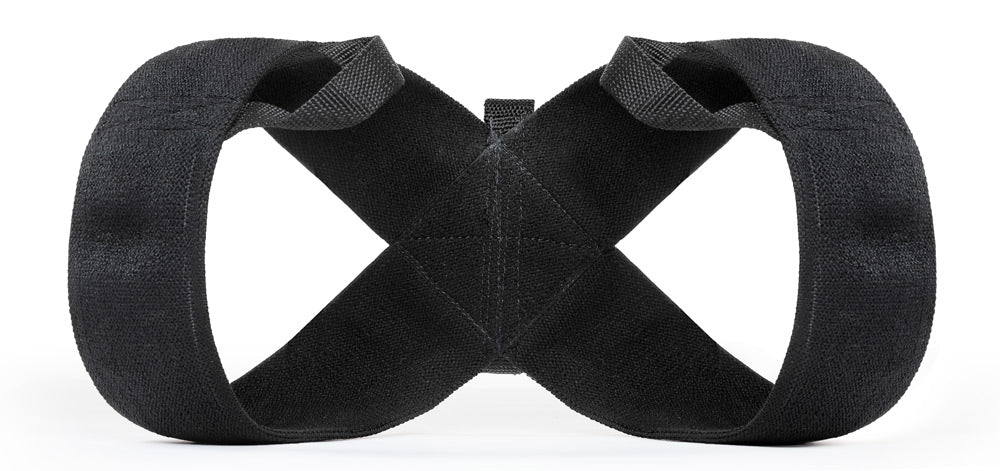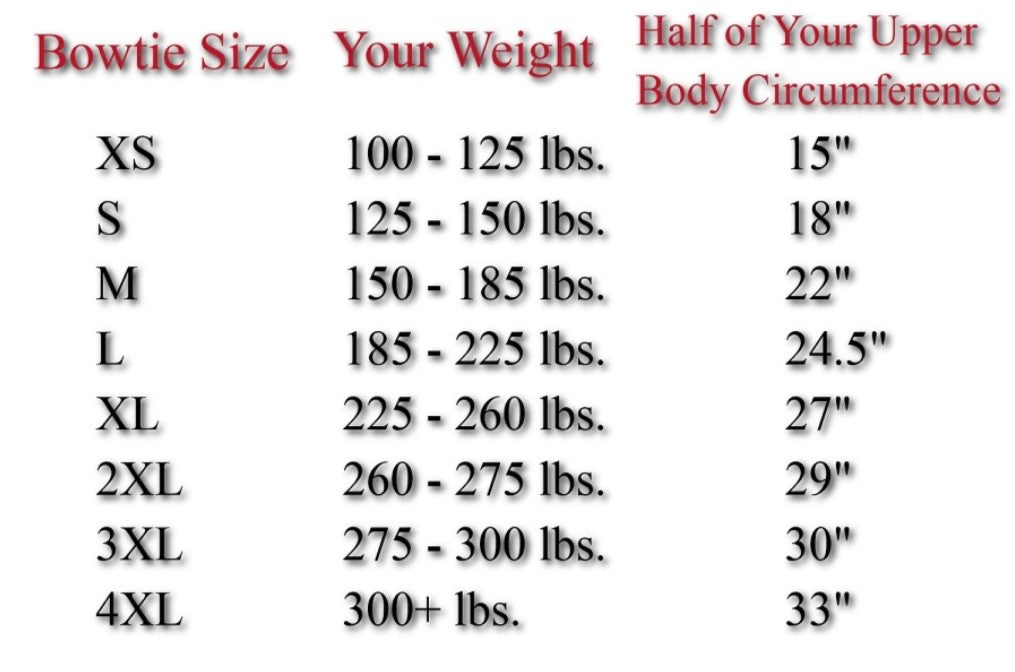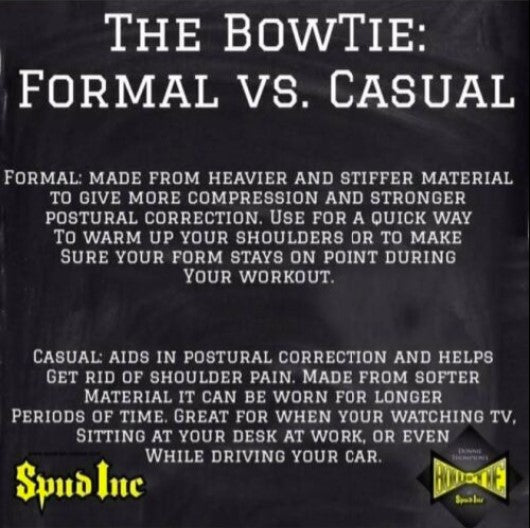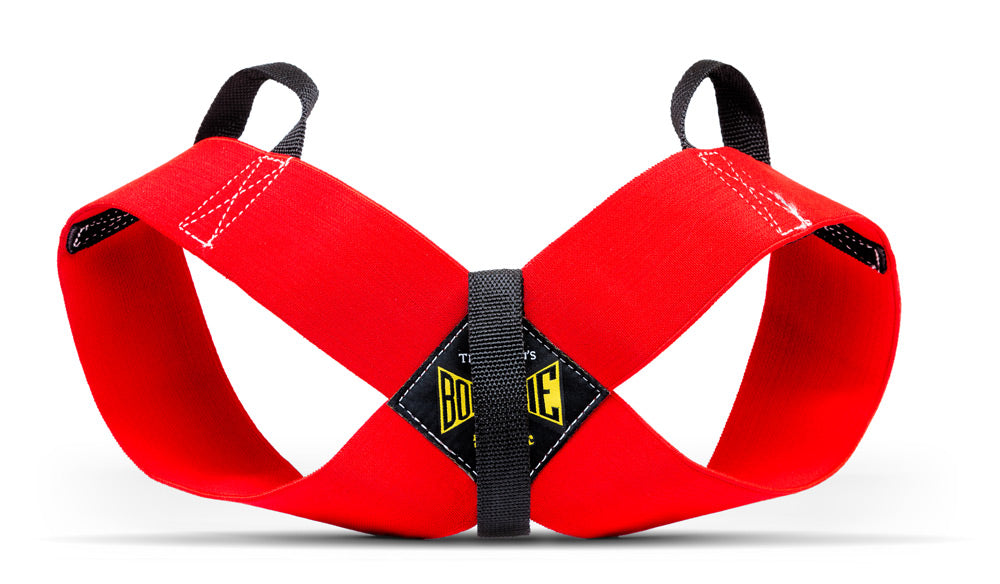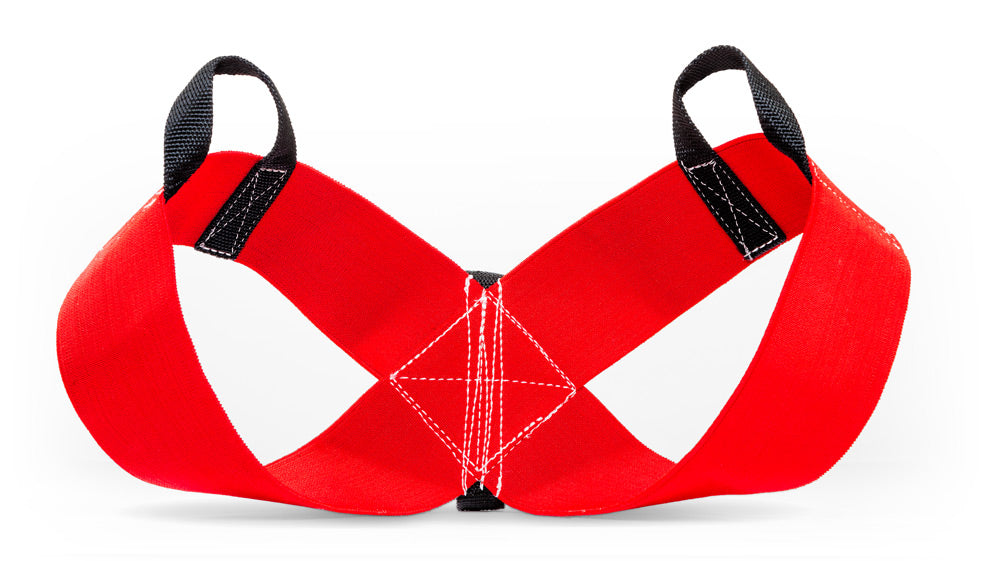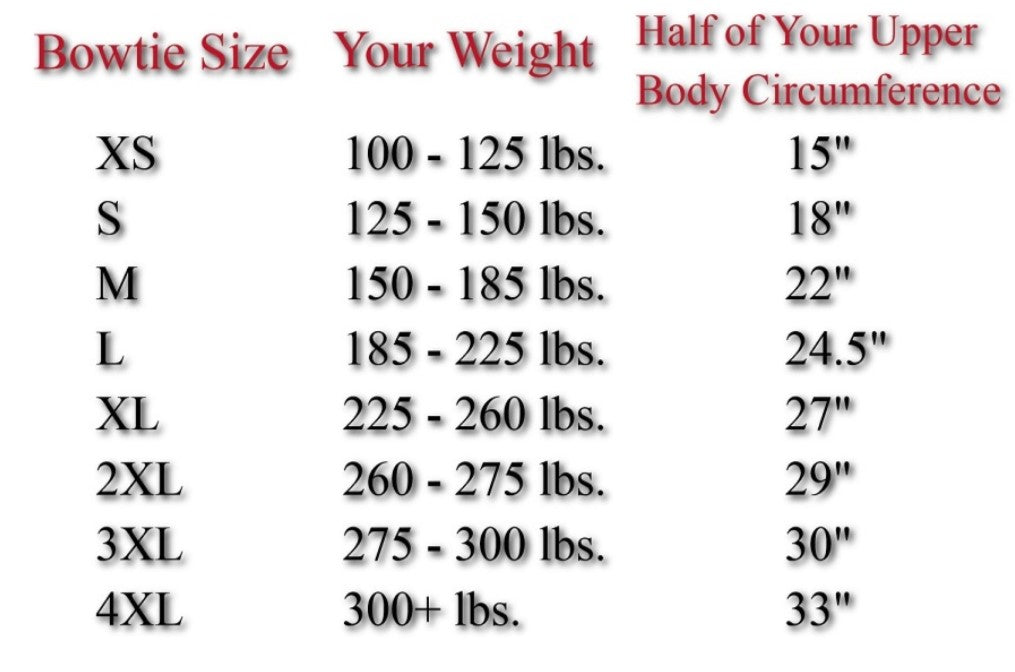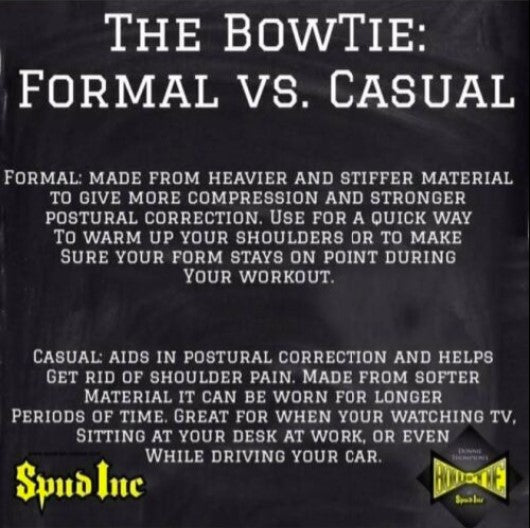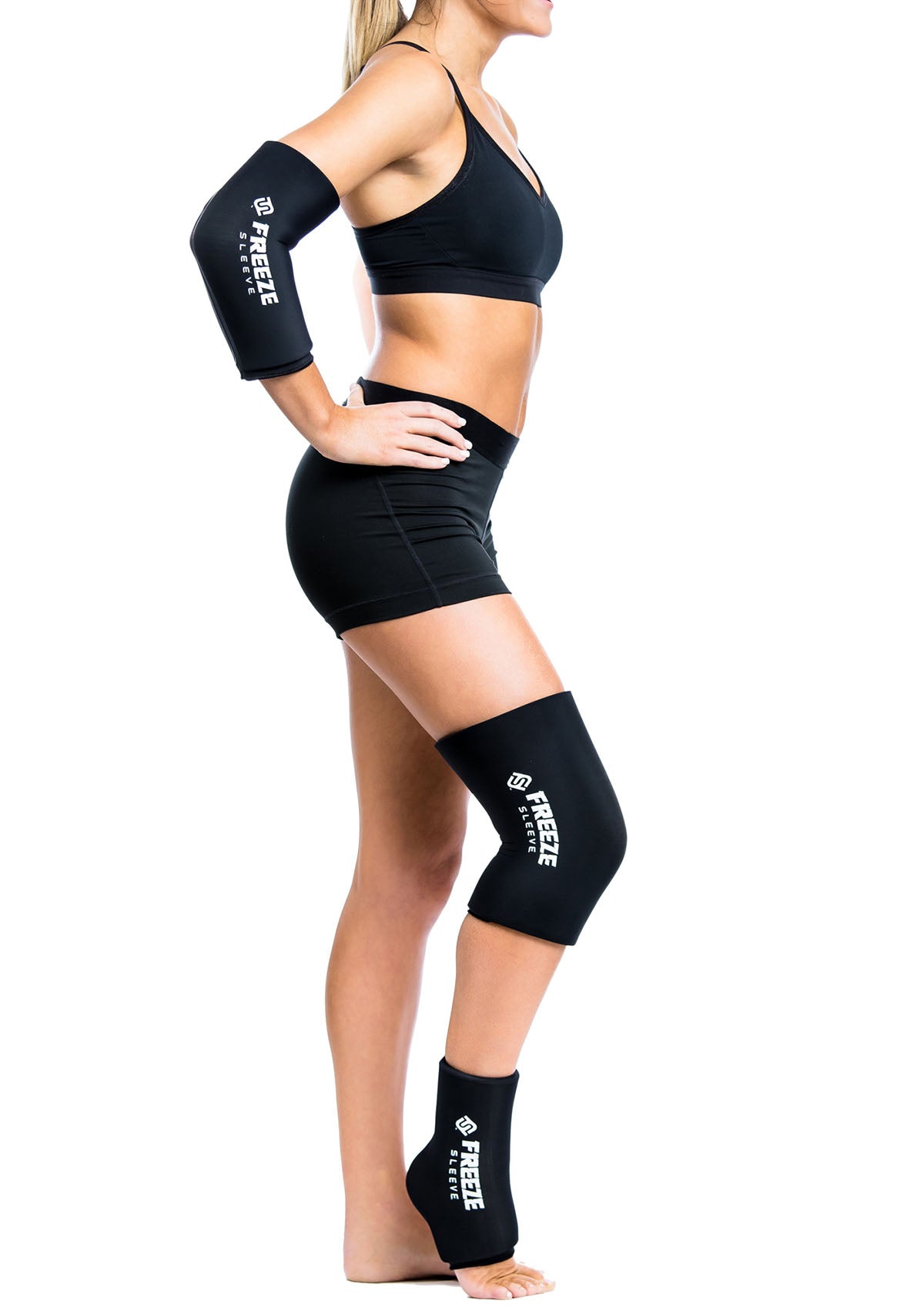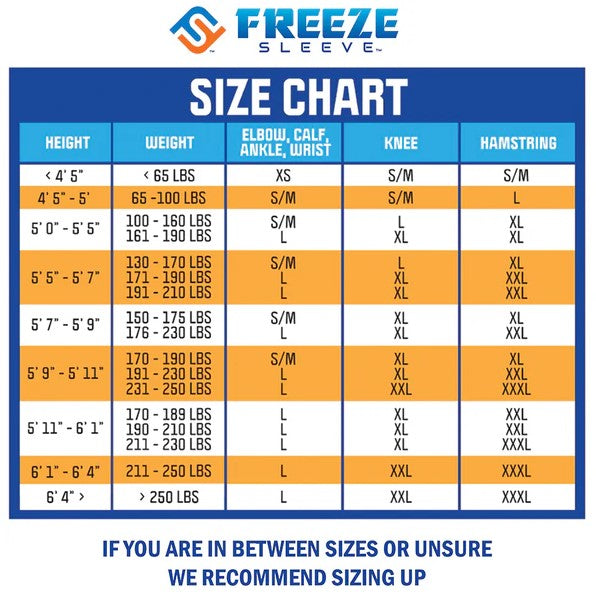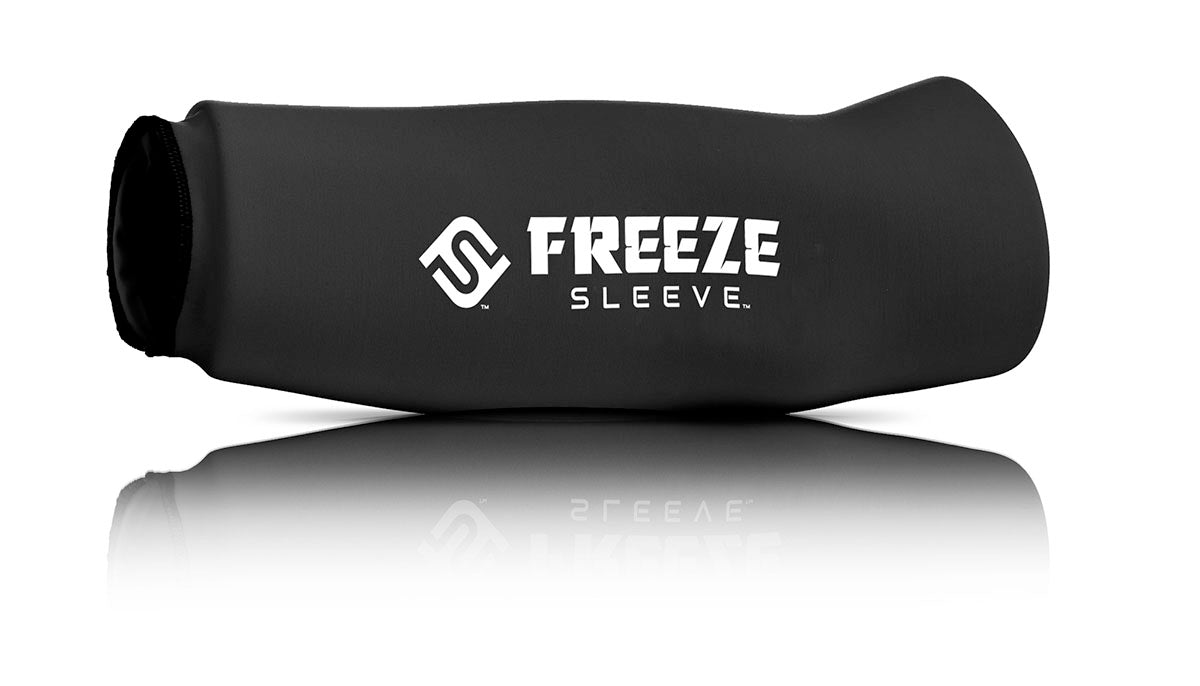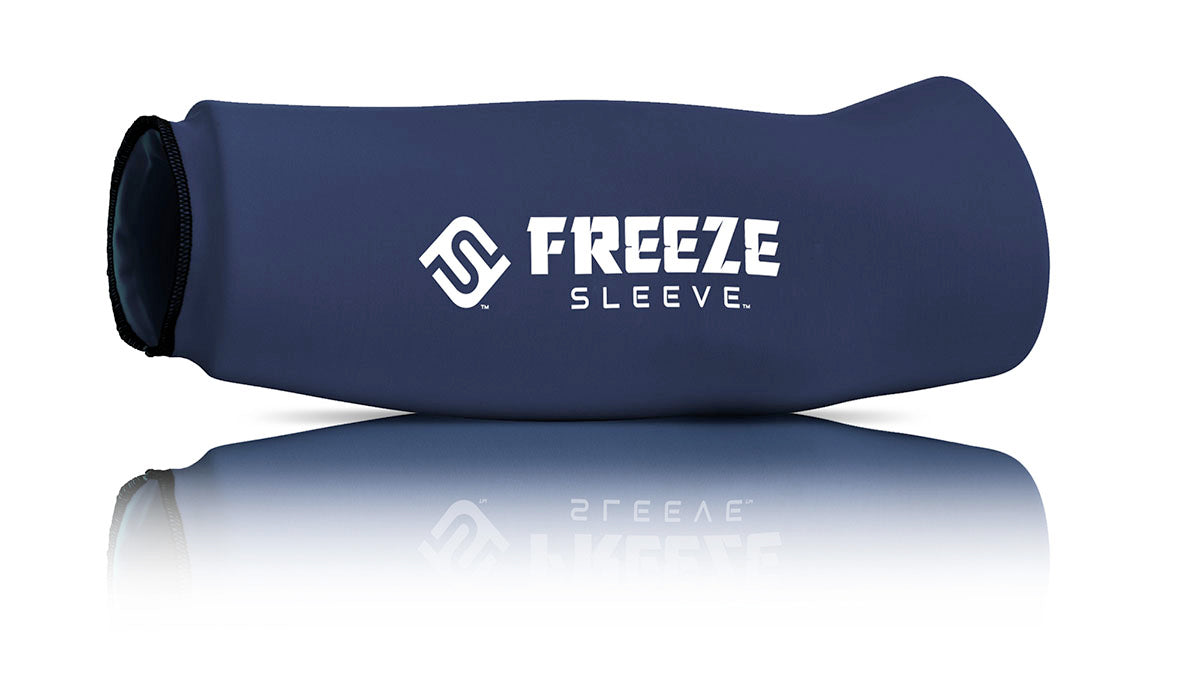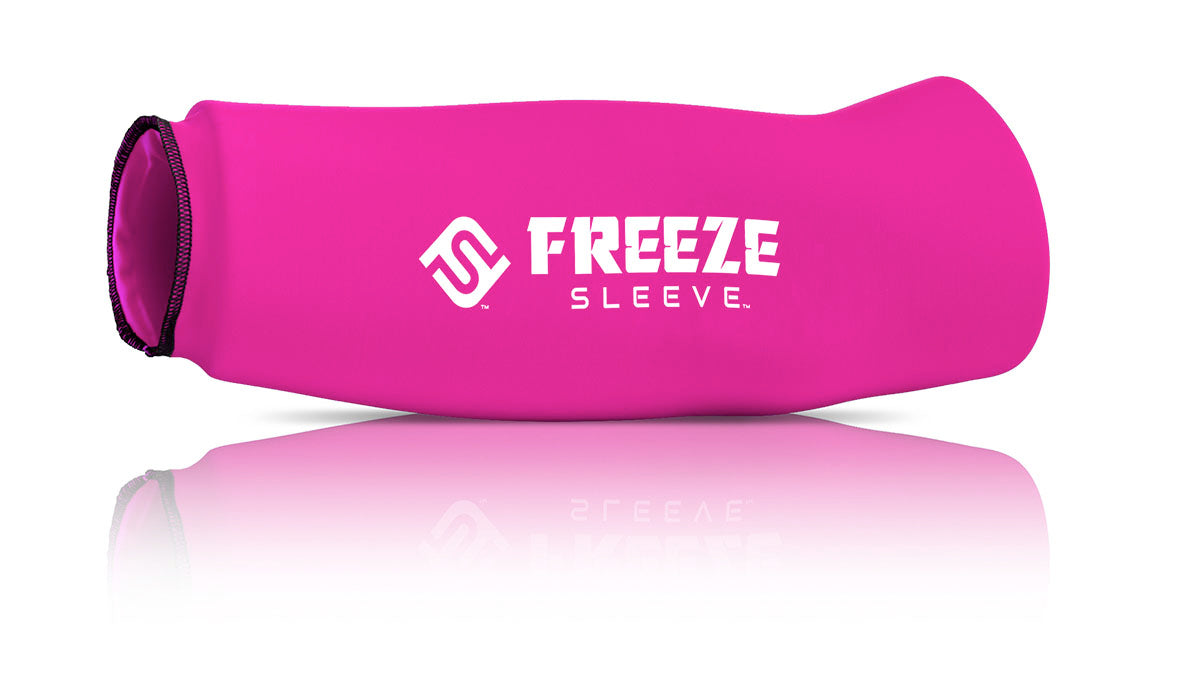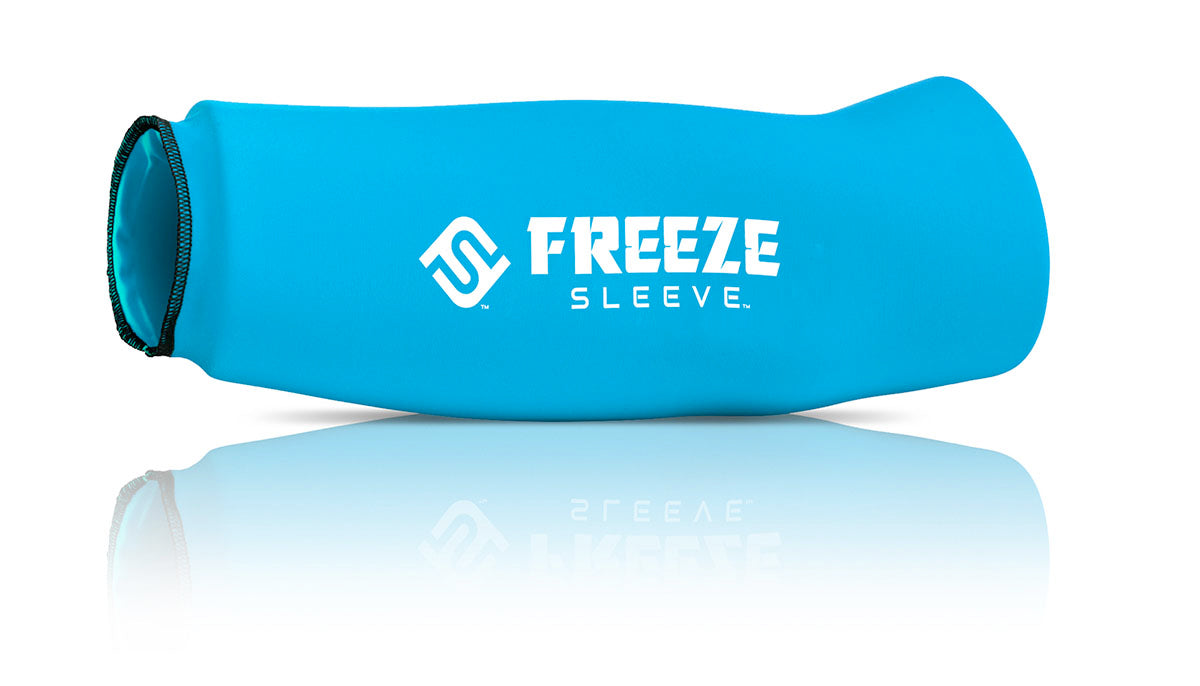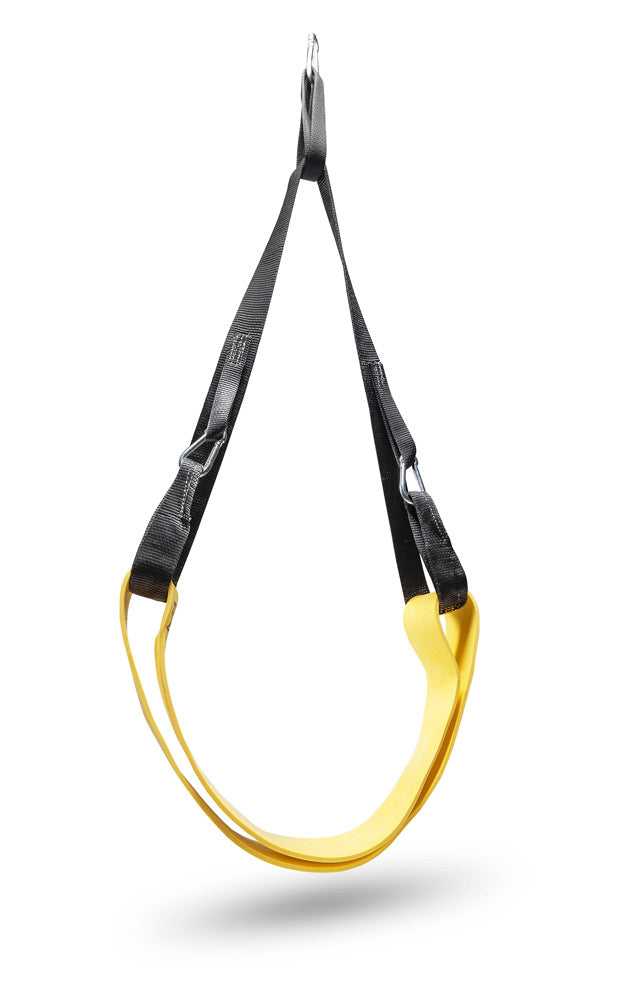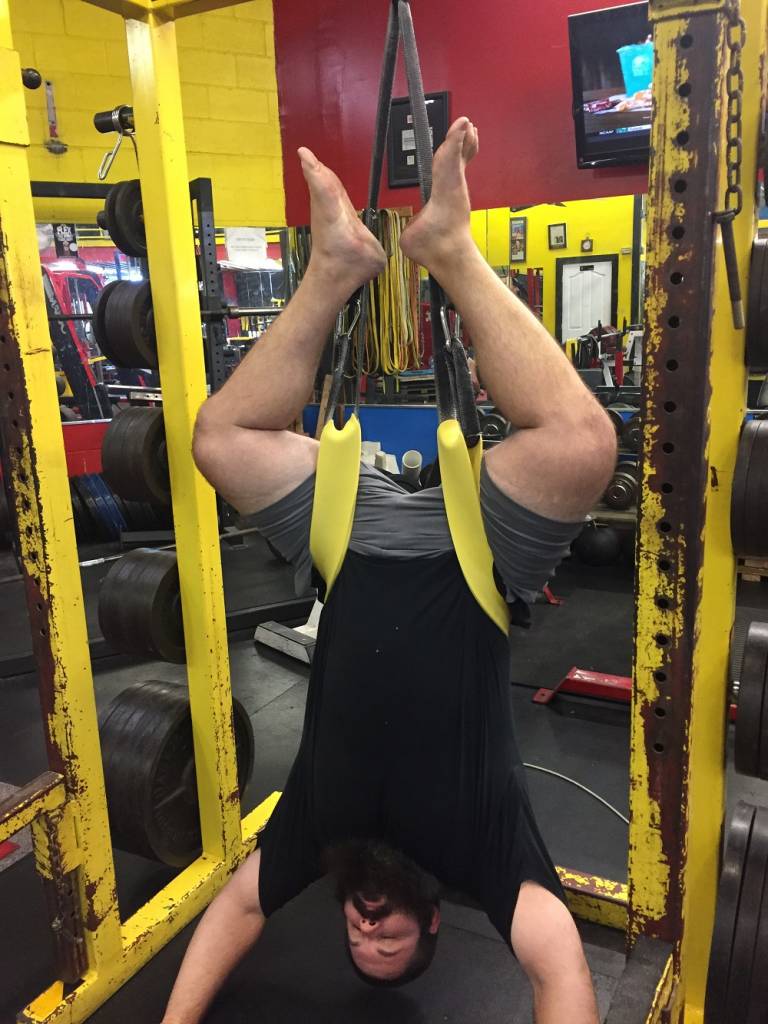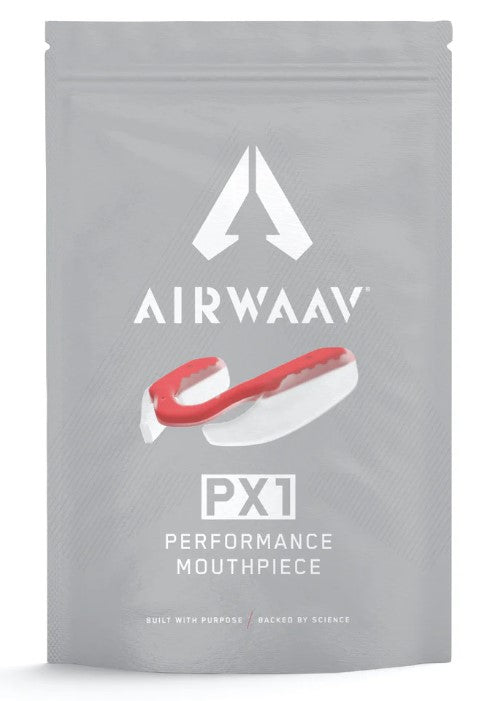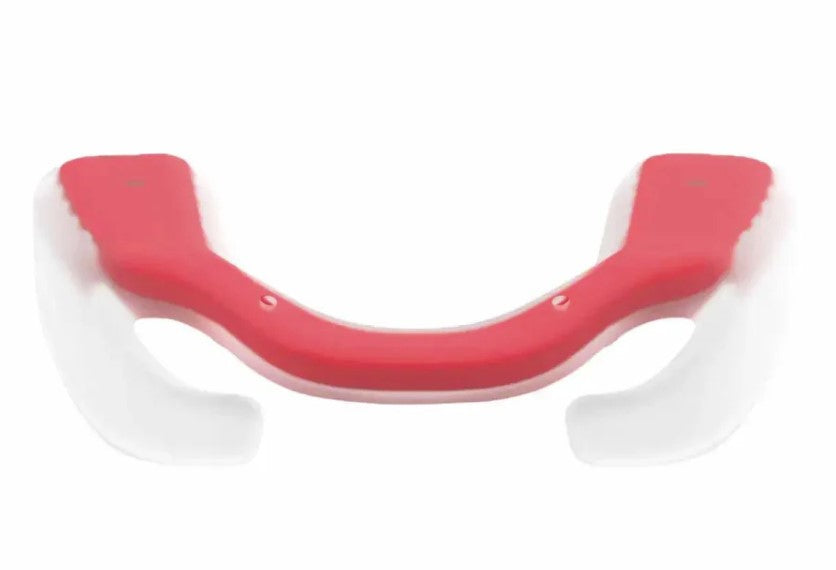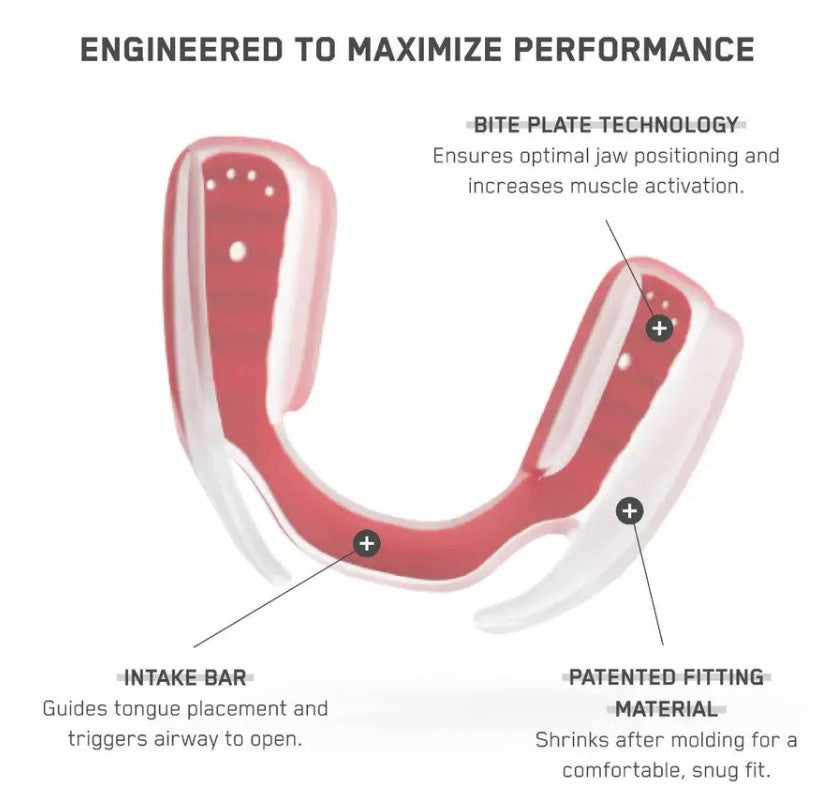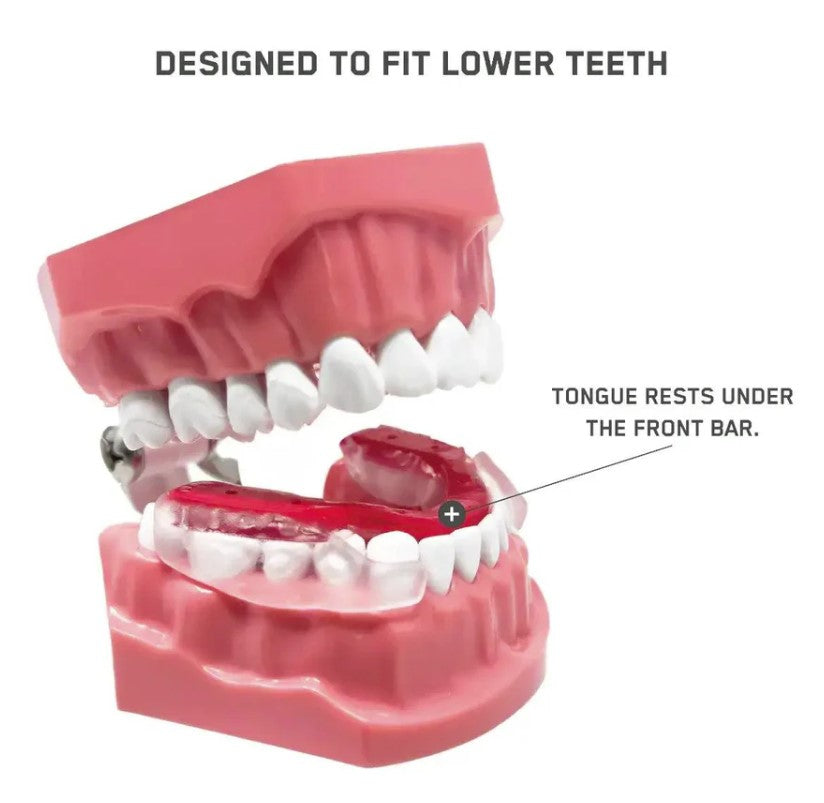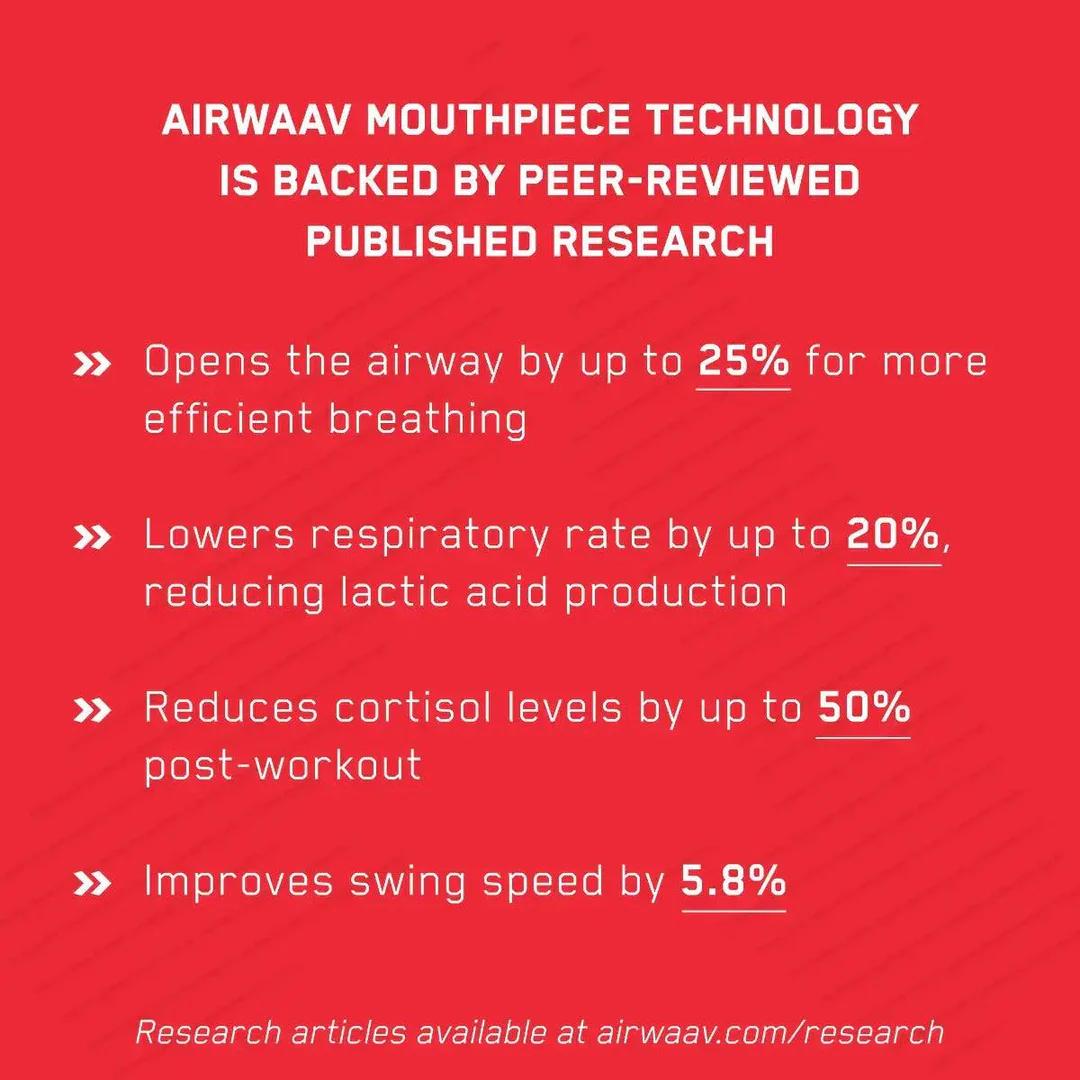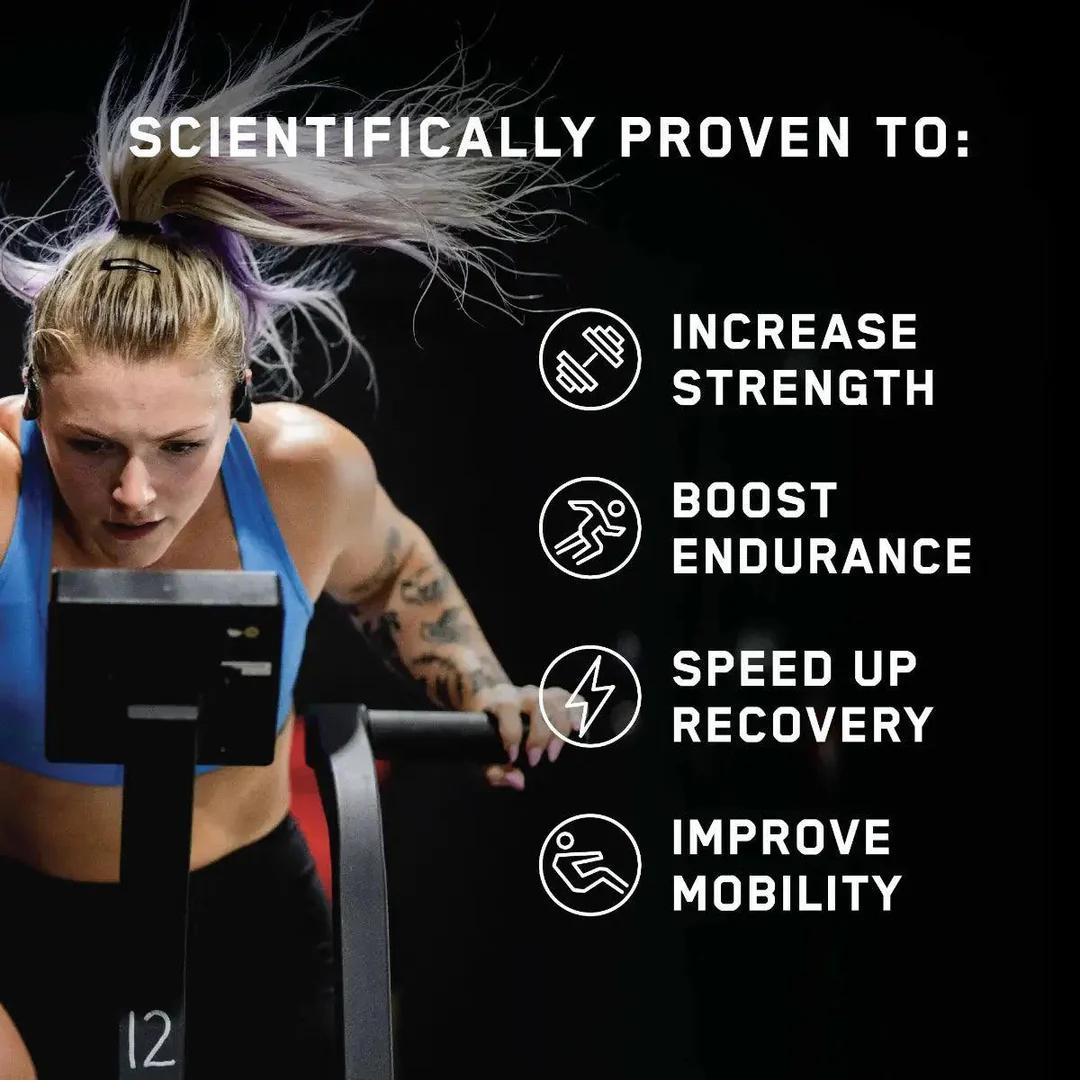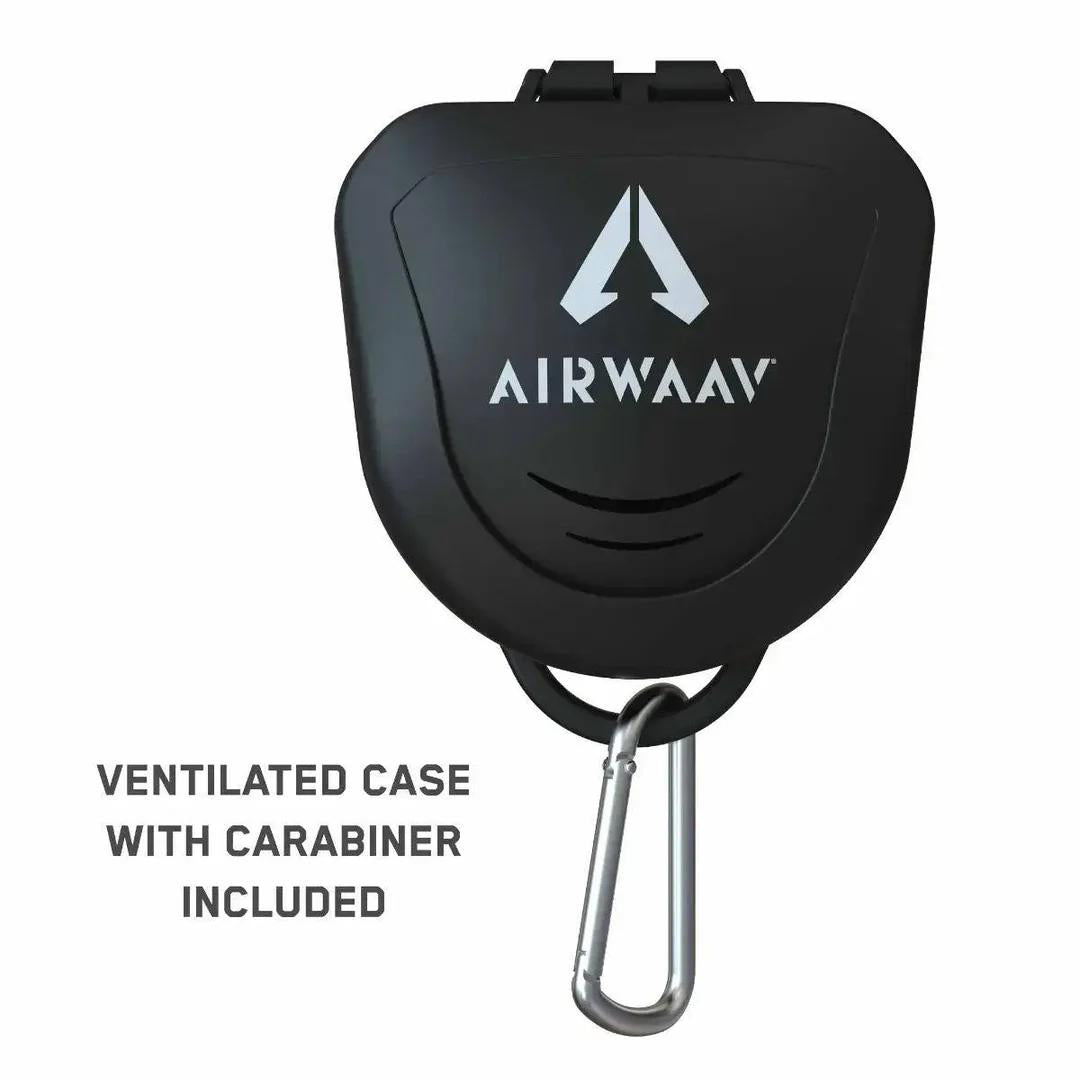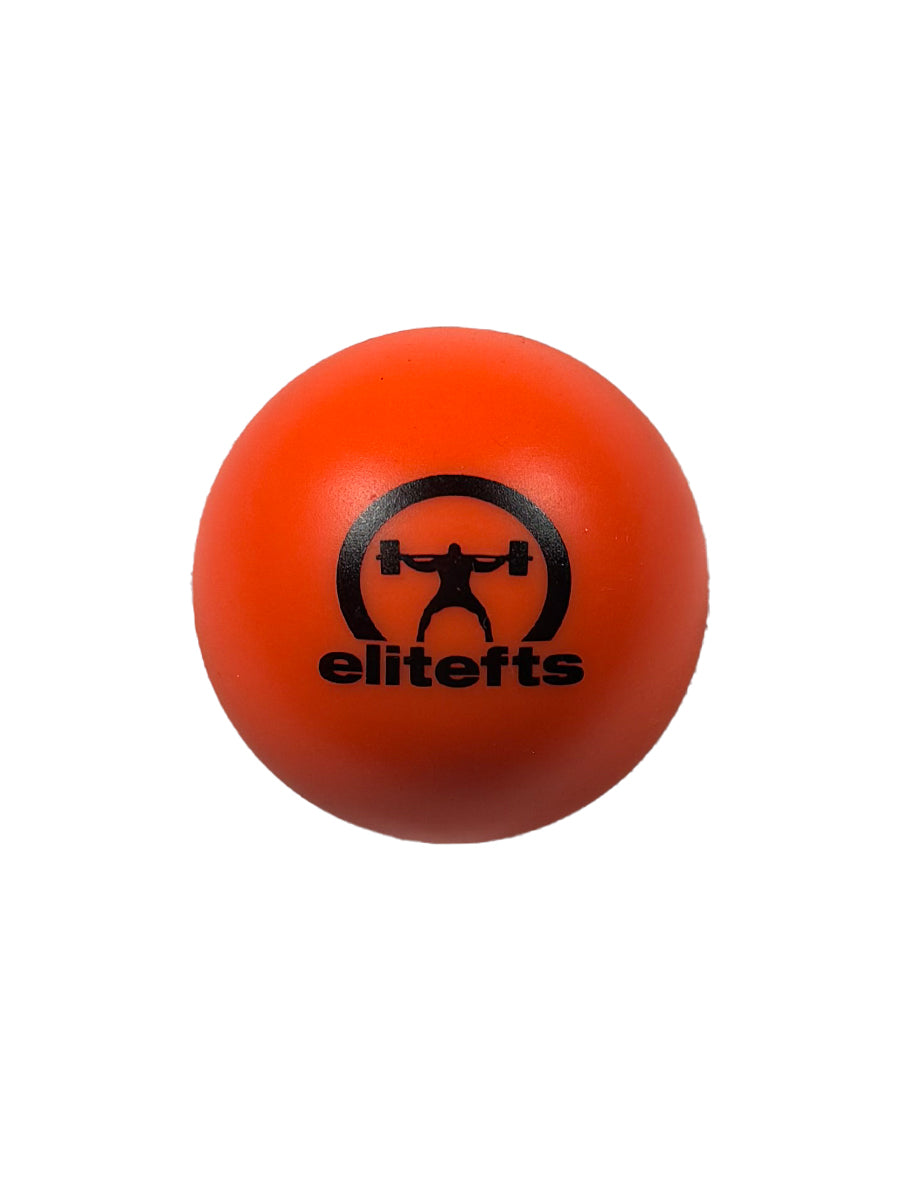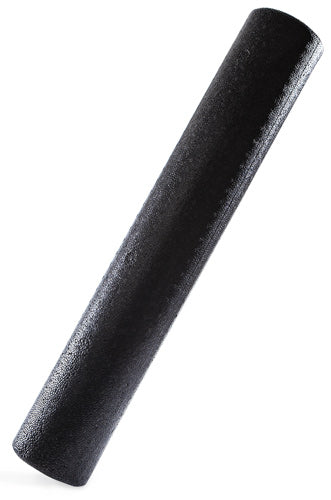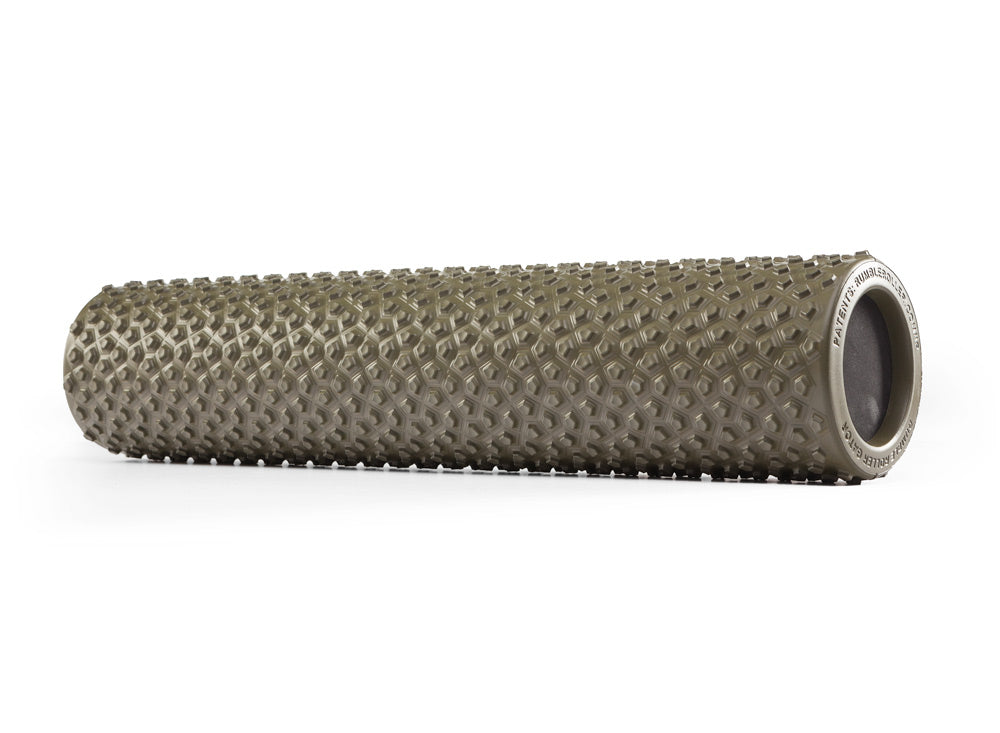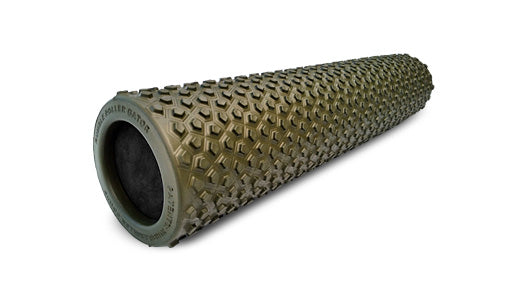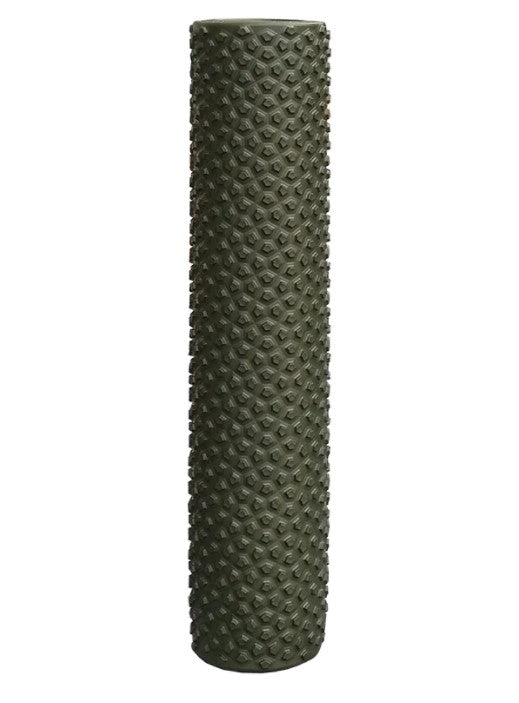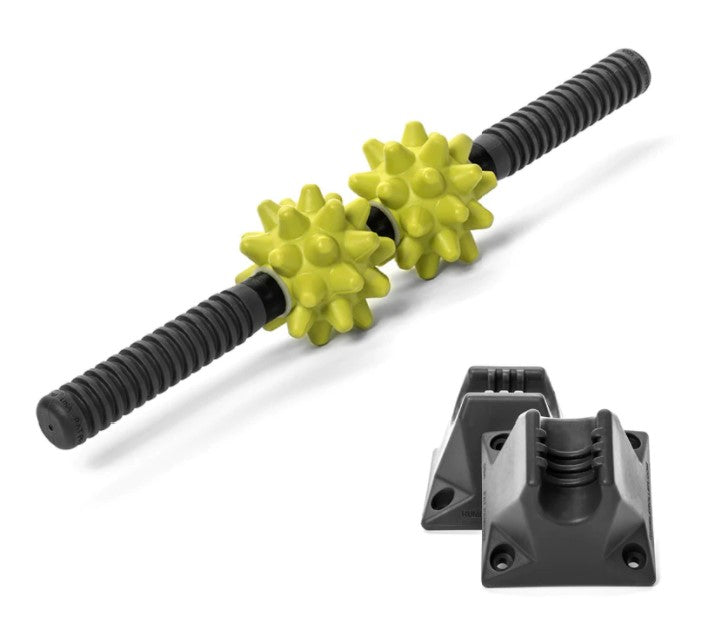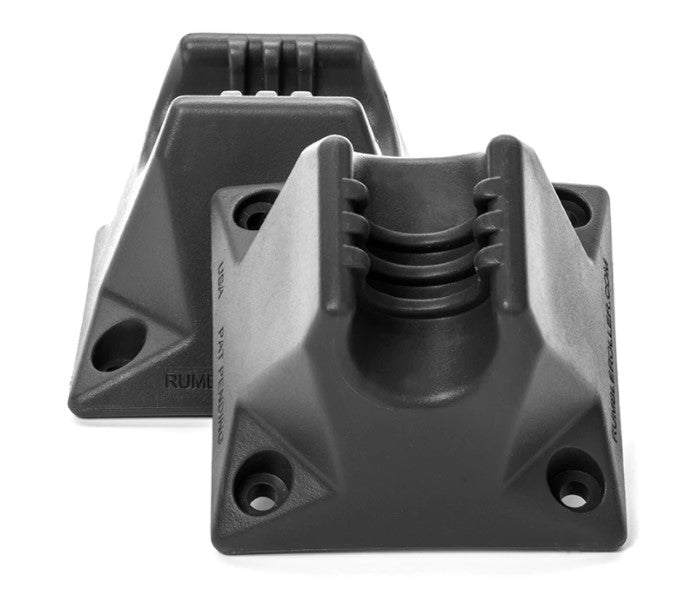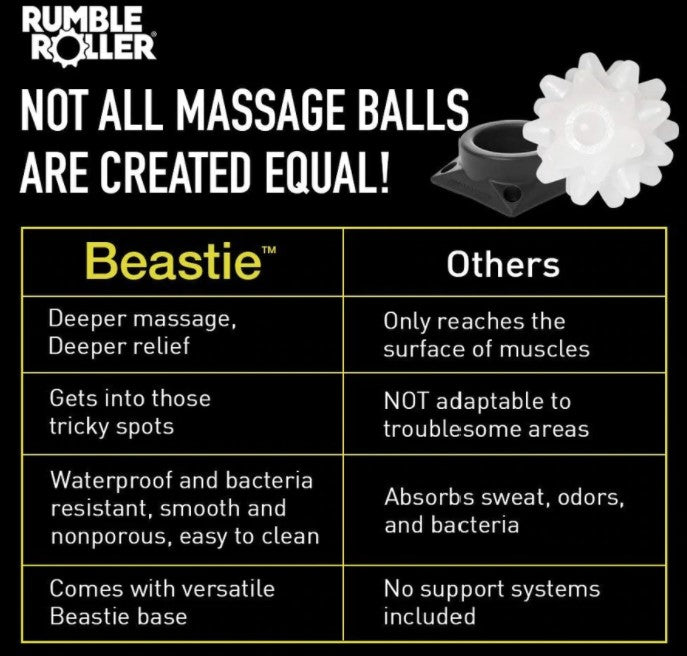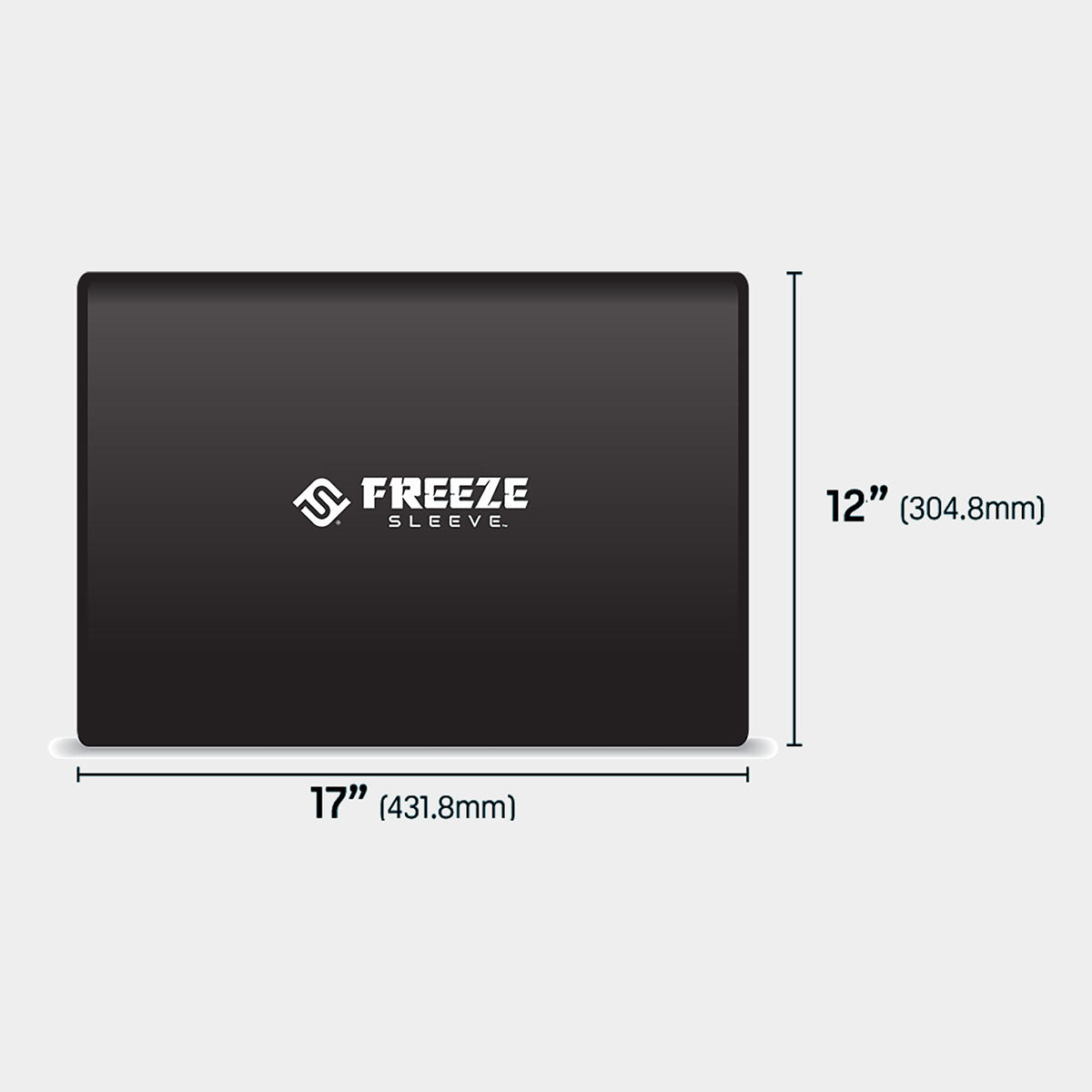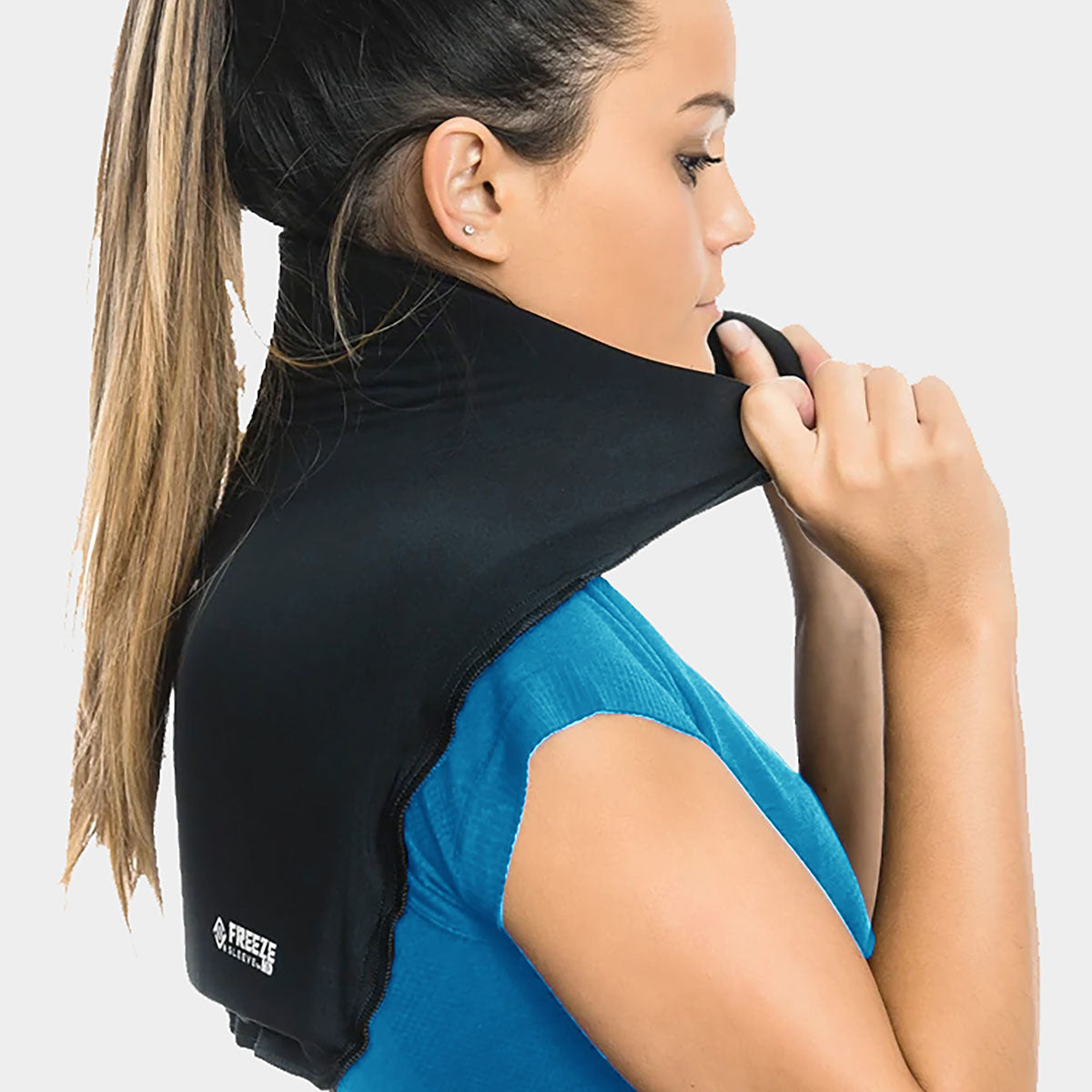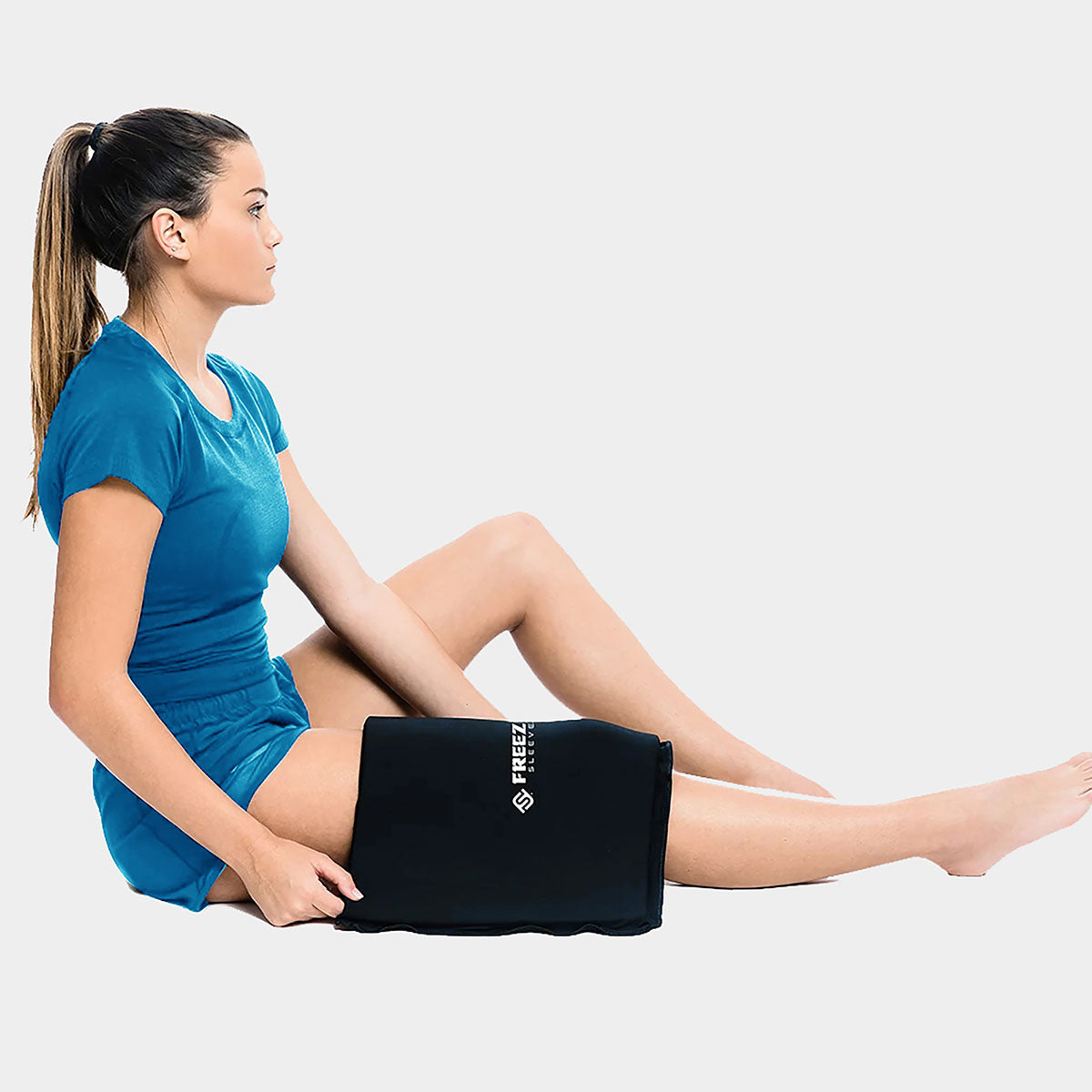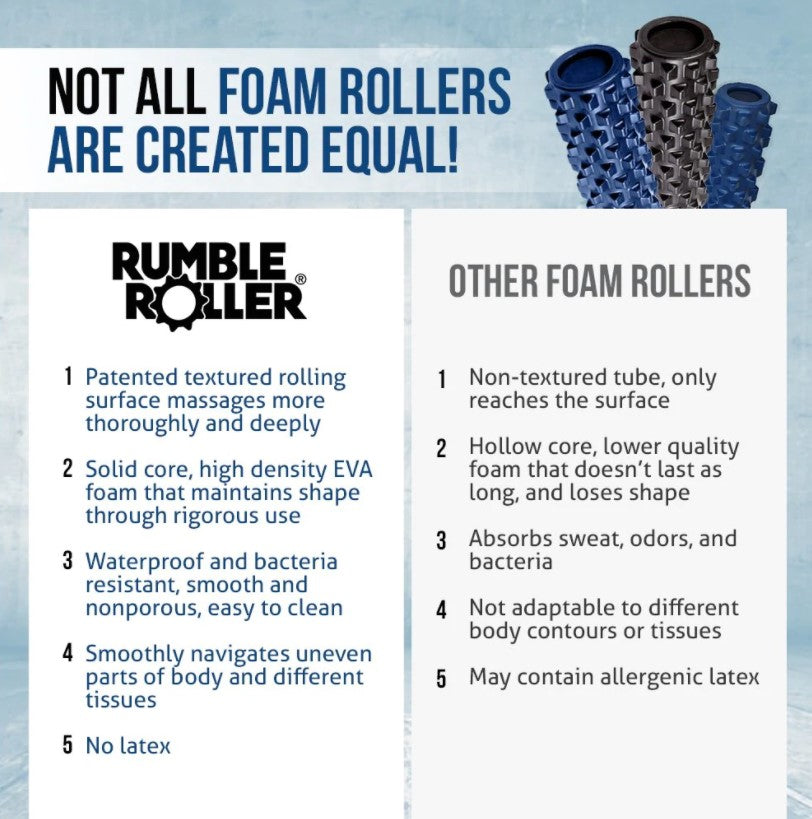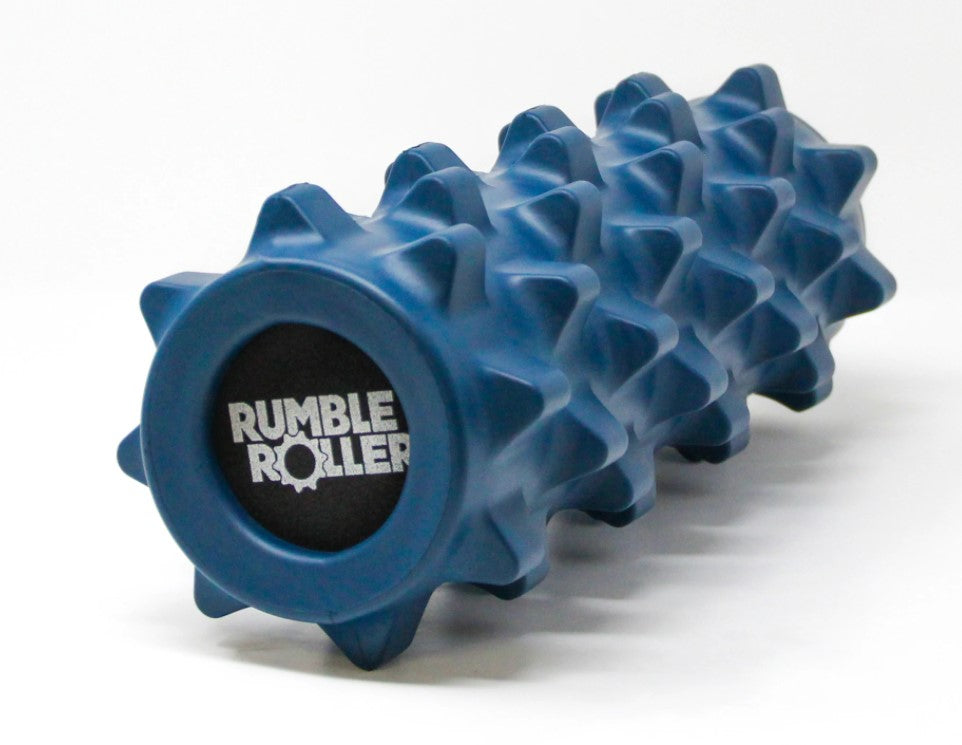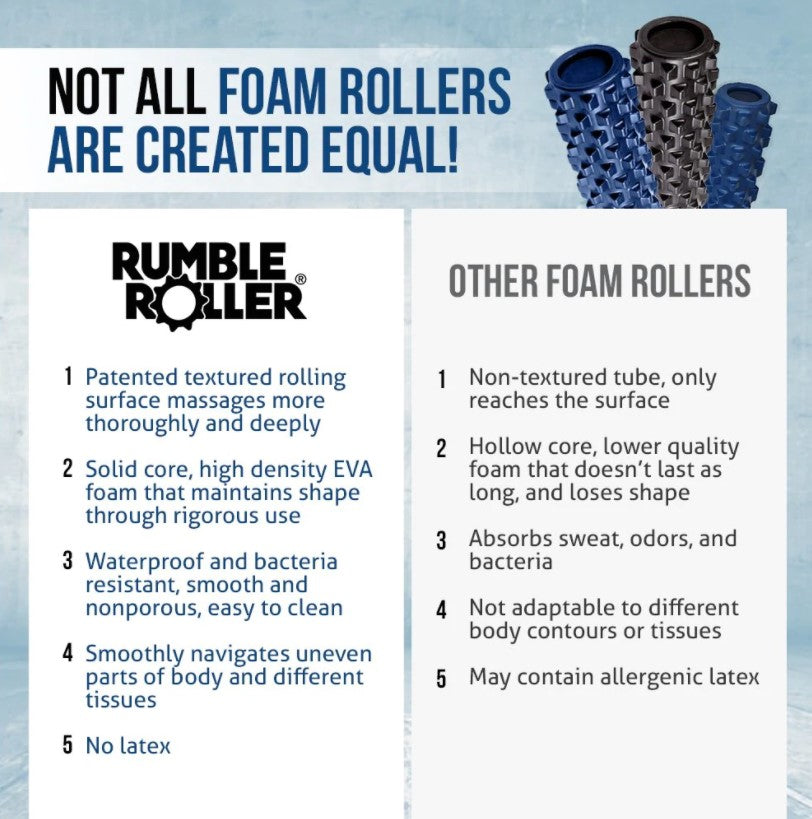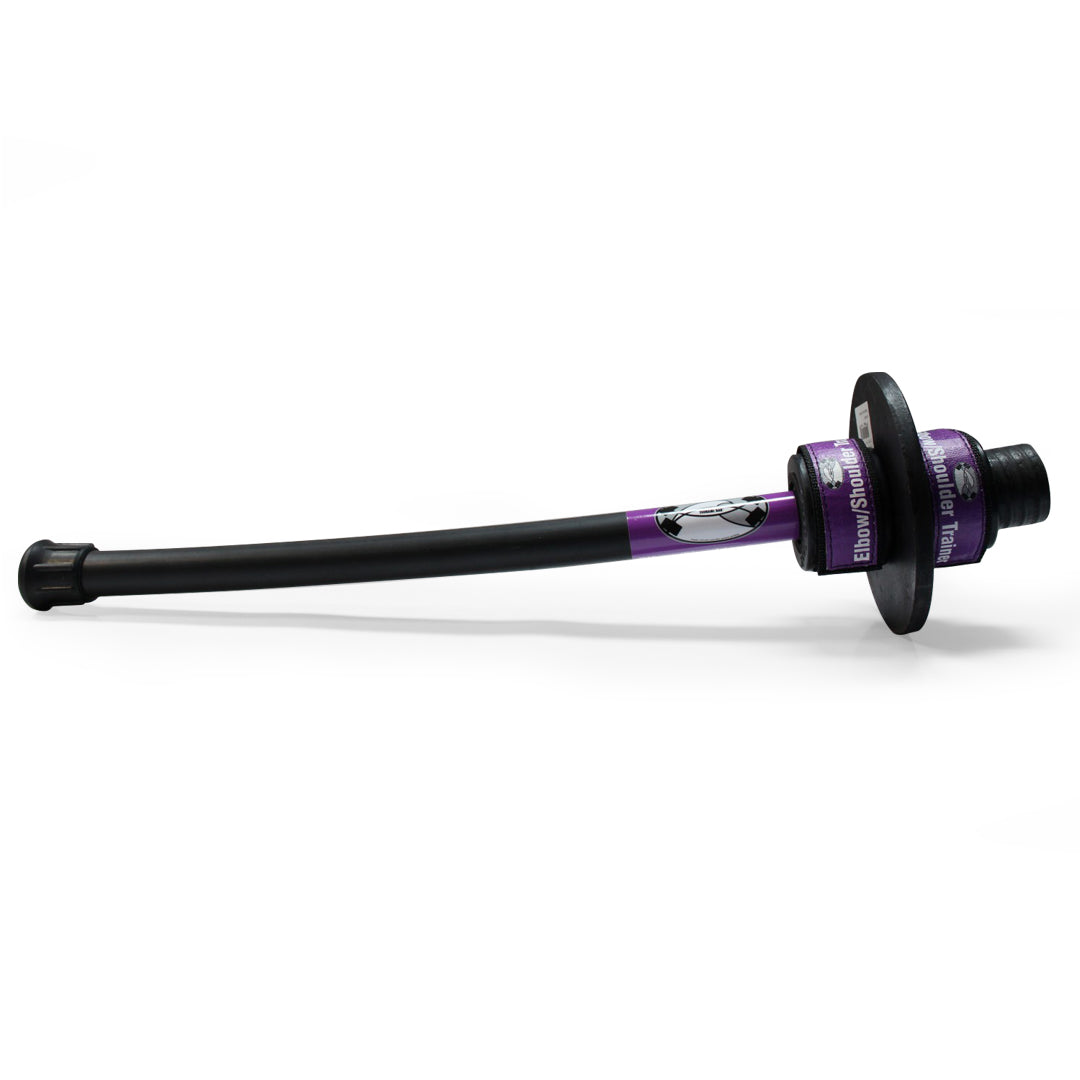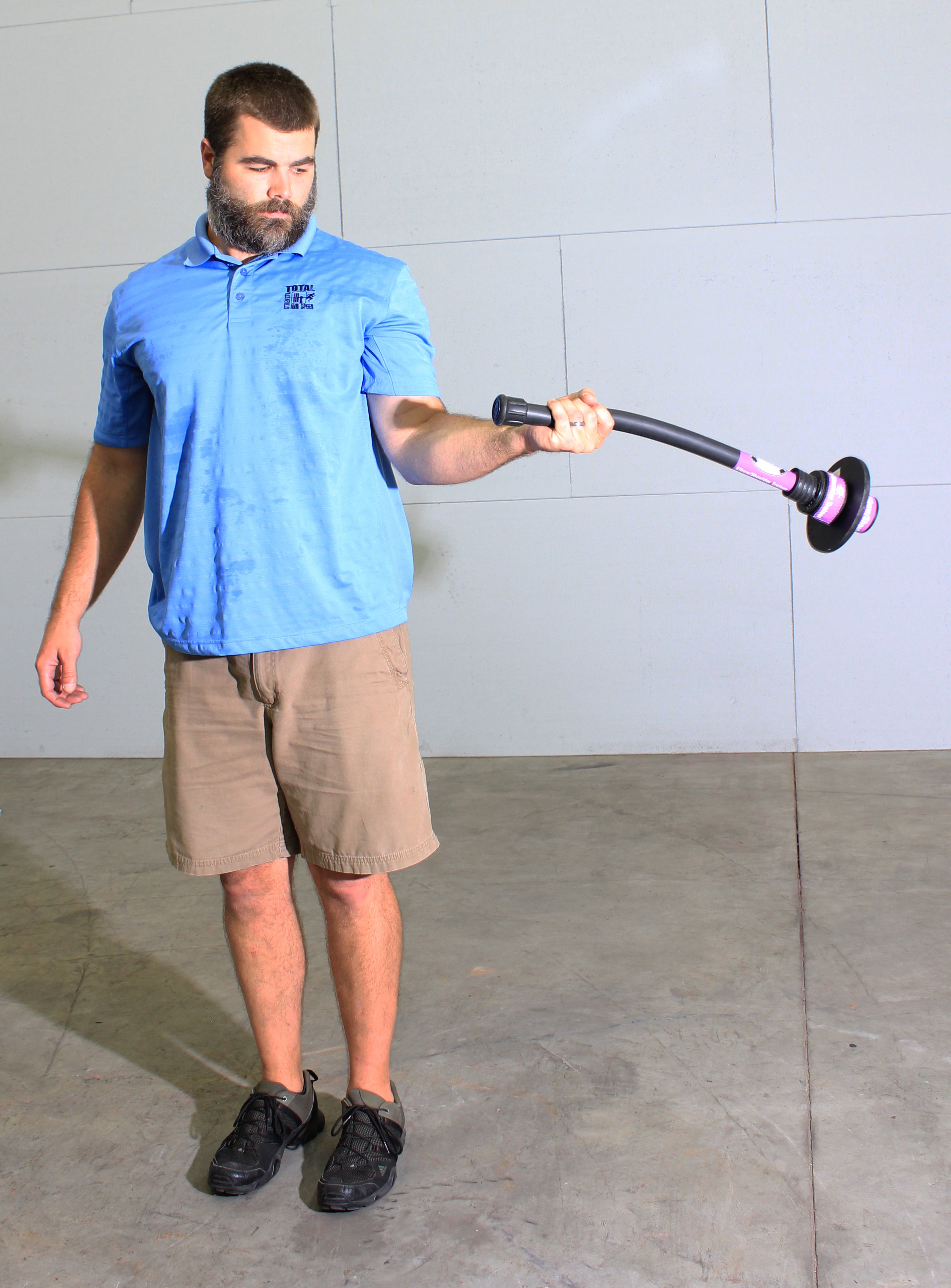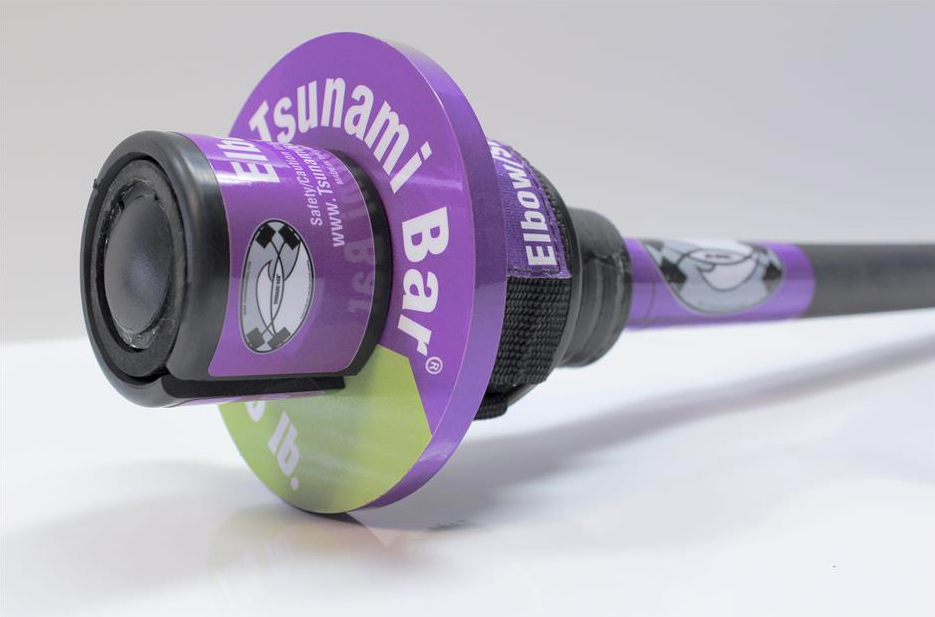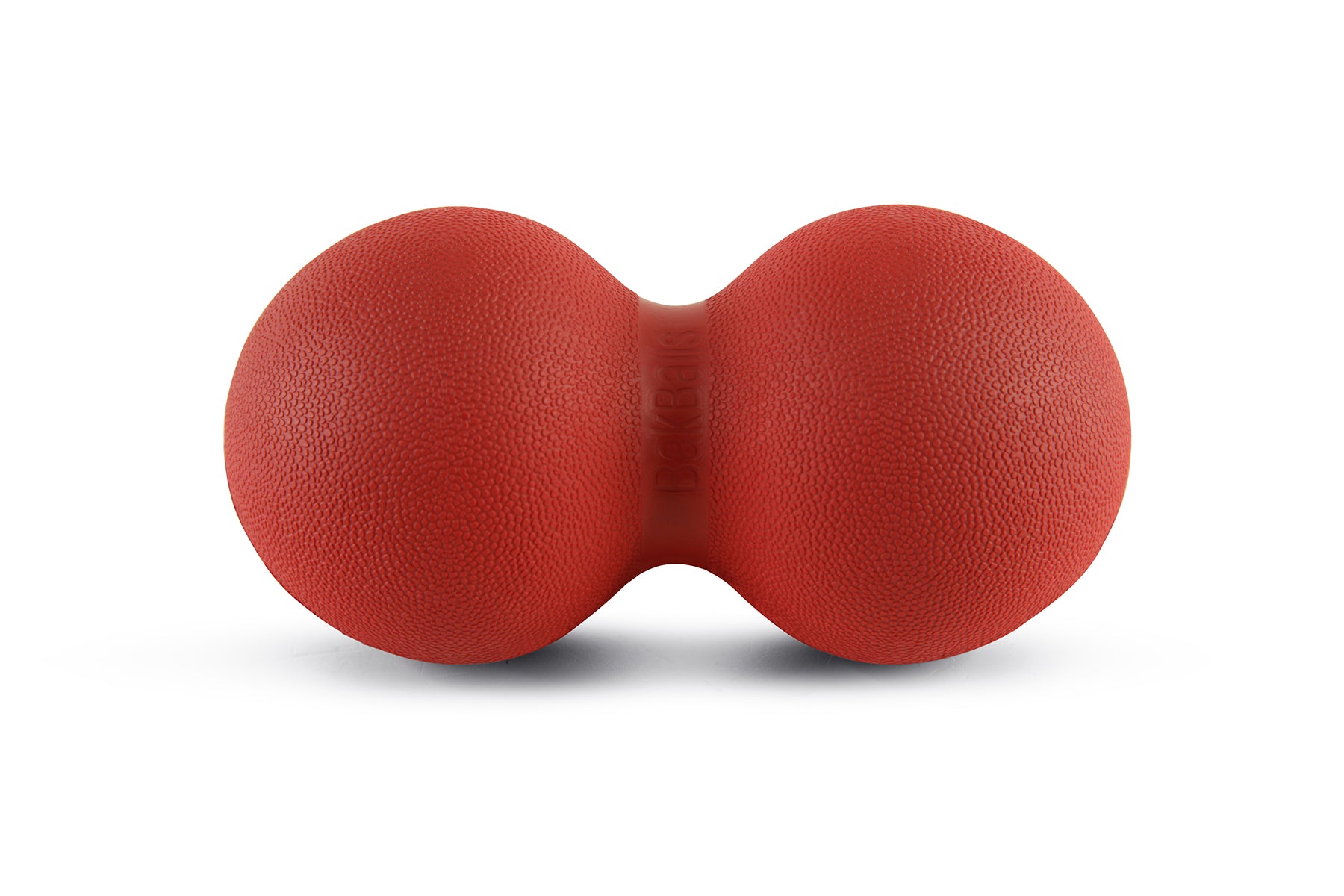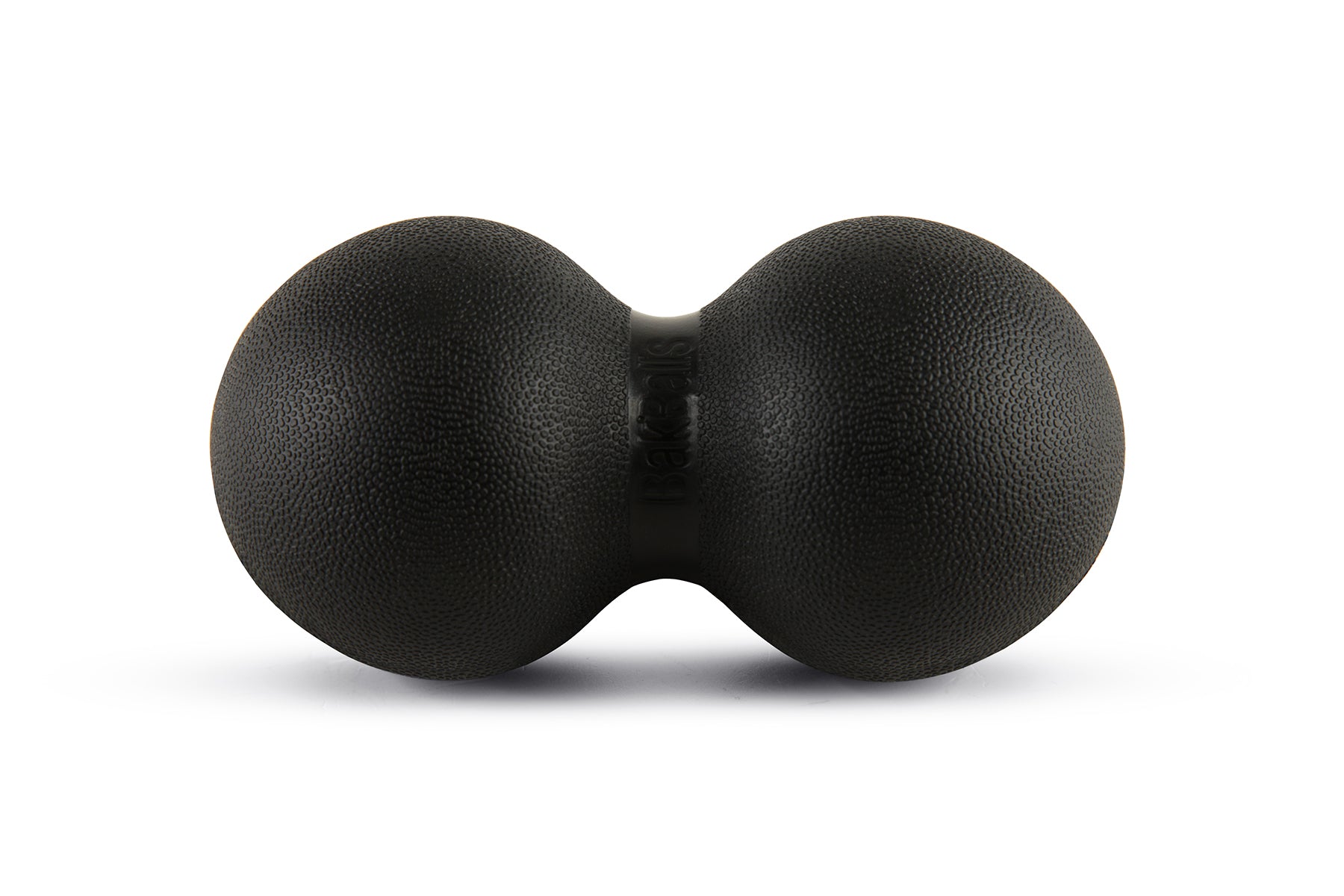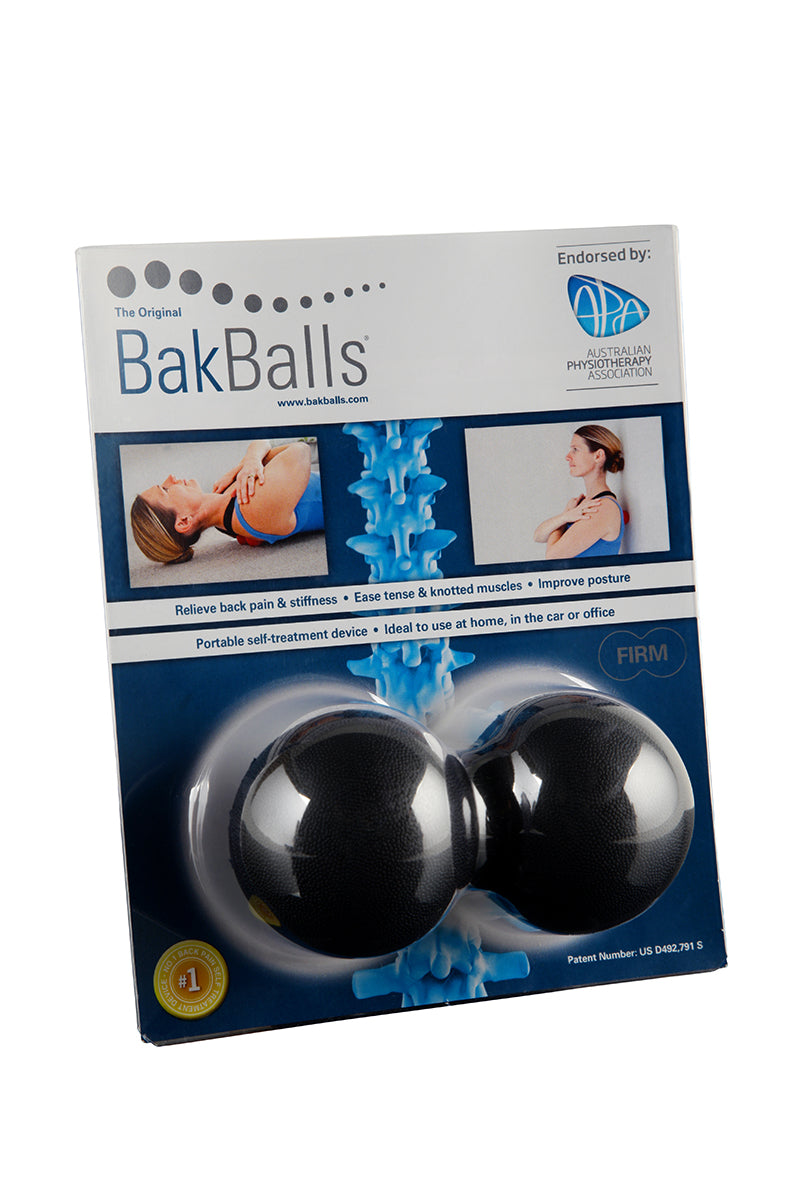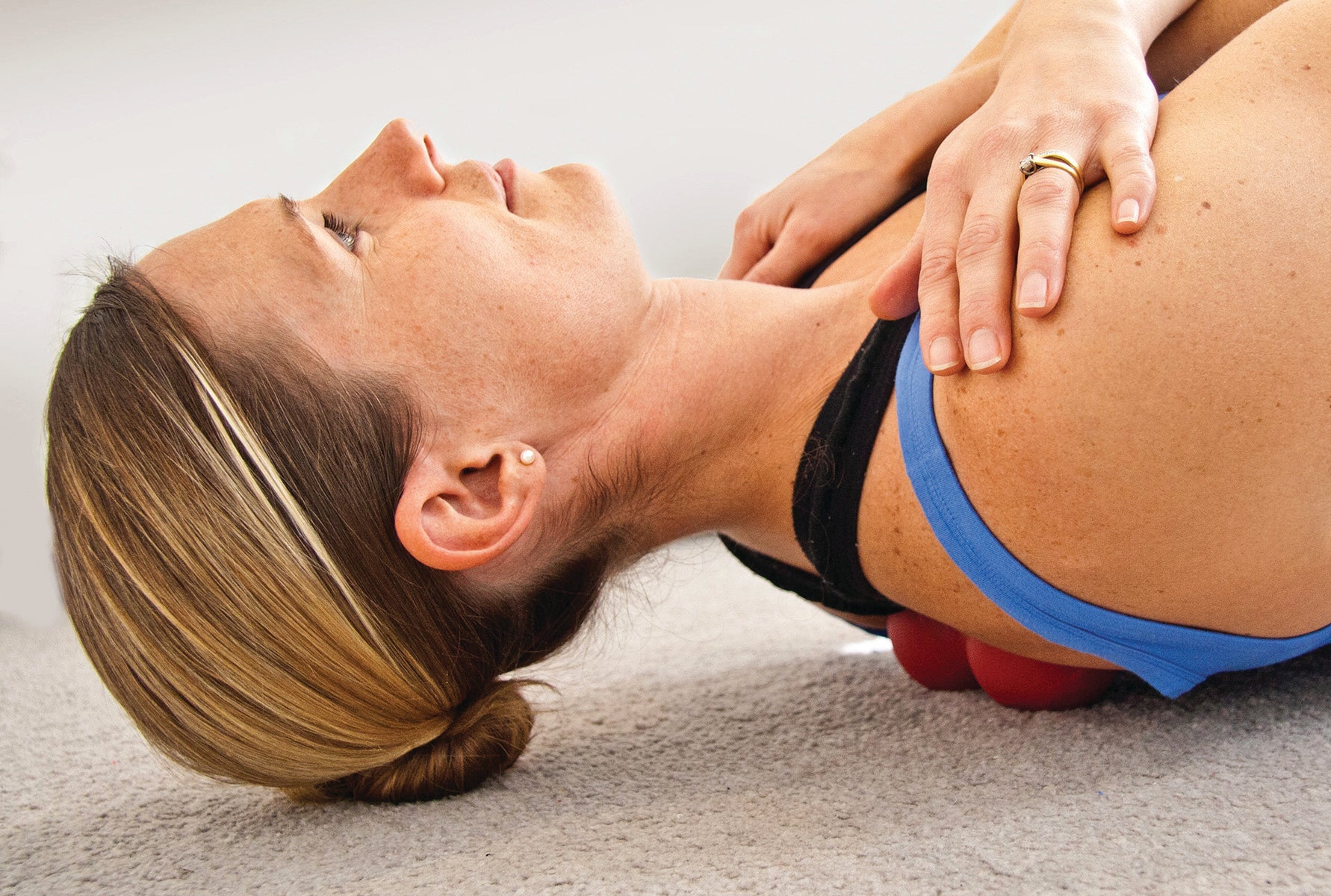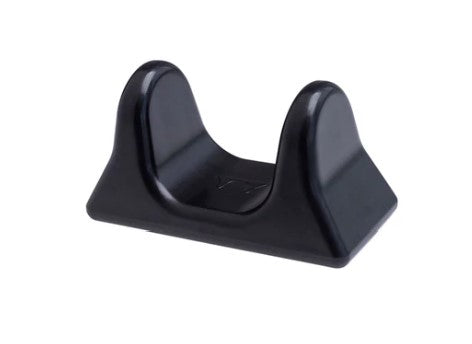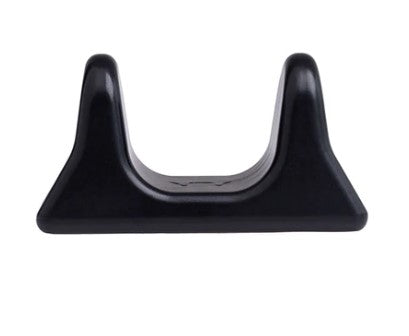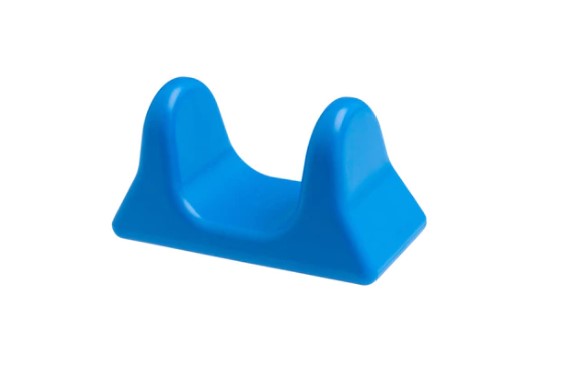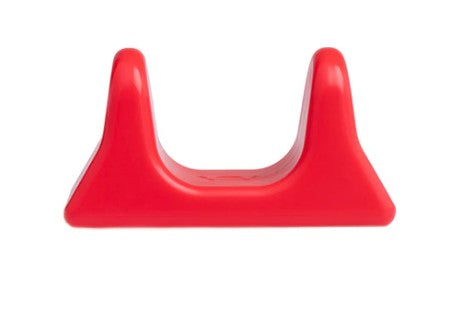After I mentioned in one of my articles that I noticed the benefits of getting more sleep over a two-month stretch, I had quite a few people ask for more information on sleep. Sleep is a topic that has fascinated me since I first started competing in bodybuilding shows. As the contest preparation went on and I got leaner, it would seem that I needed less and less sleep and I was able to ‘pop’ out of bed in the mornings like someone shot adrenaline into my arm. This went on throughout five different contest preps and, mind you, by the end of preparation, I was getting up at 3:30 a.m. to enjoy a pot of coffee and listen to some music.
The same thing happened last year when I played around with a cycle diet and took my body fat level down to seven percent. There seemed to be something about being lean or maybe deprived that made it so I needed less sleep or couldn’t sleep as much. Anyhow, the curiosity switch was flipped and sleep still seems to be a wide open frontier. (There was also, I believe, a New York Times article this year about the Sleepless Elite—certain people, supposedly including Ben Franklin, Thomas Edison, and others, who only need about two hours of sleep per night. Scientists are actually studying the gene that allows this to happen. This is without detriment to performance either. Imagine!)
First, let’s get one thing straight—I'm one of the biggest hypocrites when it comes to sleeping enough. I went for a two-month stretch last year in which I got eight hours per night and I felt wonderful (I wrote about this in past articles). I normally average around six hours per night, the thinking being that I need to outwork others during those other two hours. The funny thing is I've found that I get just as much done during the periods when I'm able to sleep eight hours a night for a few days straight.
Because I used to get ripped and maintain muscle while getting stronger during my contest prep, sleep needs to be for more than just tissue repair. Doing contest prep is one of the most grueling physical things that you can put your body through and it should have required more sleep, not less. (However, part of my prep plan was sleeping with three layers of sweats on to raise my body temperature and stay awake longer to make sure my metabolism stayed higher for longer rather than slowing down during sleep. Maybe this is bogus, but you can’t blame me for experimenting.)
Tim Ferriss discusses how there needs to be more of a reason than tissue regeneration for sleep. According to Sapolsky (2004), many scientists and doctors believe we need sleep so the brain can replenish its energy supplies. The brain weighs only about three percent of our total body weight, yet it consumes 25 percent of the total body energy expenditure! Deep wave sleep is when energy restoration occurs (stages three and four REM). The fact that the brain uses sleep to restore its energy supplies shouldn't be overlooked when it comes to student athletes and athletes in general—for academic reasons and decision making during the game. You don't want your starting quarterback playing in the conference championship while working on five hours of sleep.
I remember those days when I was competing and reading and listening to some Poliquin stuff about how your room should be like a bat cave—completely dark. He cited studies in which a light shined on the bottom of your foot could actually disturb the hormonal output during sleep. I also recall him mentioning something about wearing spandex and sleeping quality and recovery. So I went through a phase where I wore my spandex pants and shirts to bed (kind of like a kid and his onesie).
It's very important that you don't watch television or do things right before bed that stimulate the sympathetic nervous system (SNS). Once in a while, you might stay up for a late game, but you will have no shot at entering deep wave sleep while the SNS is cranking. I always have my athletes stretch, meditate, go for a light walk, or listen to some soothing music before bed. These types of activities help to activate the parasympathetic nervous system (PNS). In order for recovery to take place, you must be in PNS dominant mode. (Note, you don't want to constantly be in a PNS state. Don’t read this and go overboard.)
I remember hearing Buddy Morris say that the Russians used to have their athletes go to the beach and walk barefoot for four hours when they thought they might be getting overtrained to stimulate the PNS and decrease the activity of the SNS. Before I turn this into two different articles, be sure to get into a PNS state before bed. To further drive home this point, one study took people to altitude without letting them acclimate. Of course, this put them into a SNS dominant state, which made it literally impossible for them to go to sleep. Imagine trying to sleep with your heart rate through the roof.
If you or your athletes are depriving themselves of sleep, a decrease in stress hormones doesn’t occur. Instead, they increase. To make matters worse, a lack of sleep will cause both growth hormones and sex hormones to decrease. The worst kind of sleep to get is too little sleep that is unpredictably fragmented. The best kind of sleep to get is in a dark room with a temperature of 67–70°F with a natural wake up without an alarm clock. Waking up without an alarm clock isn't practical for most people, so you can look into something called a natural clock, which gradually produces more light as the morning nears. Another interesting thing to note is that whether you are waking up naturally or you have to get up earlier than you would like, your body somehow knows and your stress hormones will begin to rise about an hour before you awake. A magnesium deficiency can also cause poor sleep. It is good practice to supplement with magnesium, as most people are deficient and it will improve performance in the gym.
One other thing I found out through self-observation and through asking my athletes is if you hit the snooze button even once, it throws you off for the rest of the day. You won't wake up nearly as easily the second, third, or fourth time it goes off and so on. I'm not sure if this affects sleep cycles or certain hormonal or neurotransmitters, but keep it in mind. This means keep the alarm on the other side of the room, and once you get up to get it, stay out of bed!
I know I put a lot of information in here, but you can pick and choose what interests you and what you can put to practice. You and your athletes should aim for 8–10 hours per night of quality sleep (this means don't leave the television on or get hammered and pass out). Do yourself the favor and stop reading this. Get to sleep!






